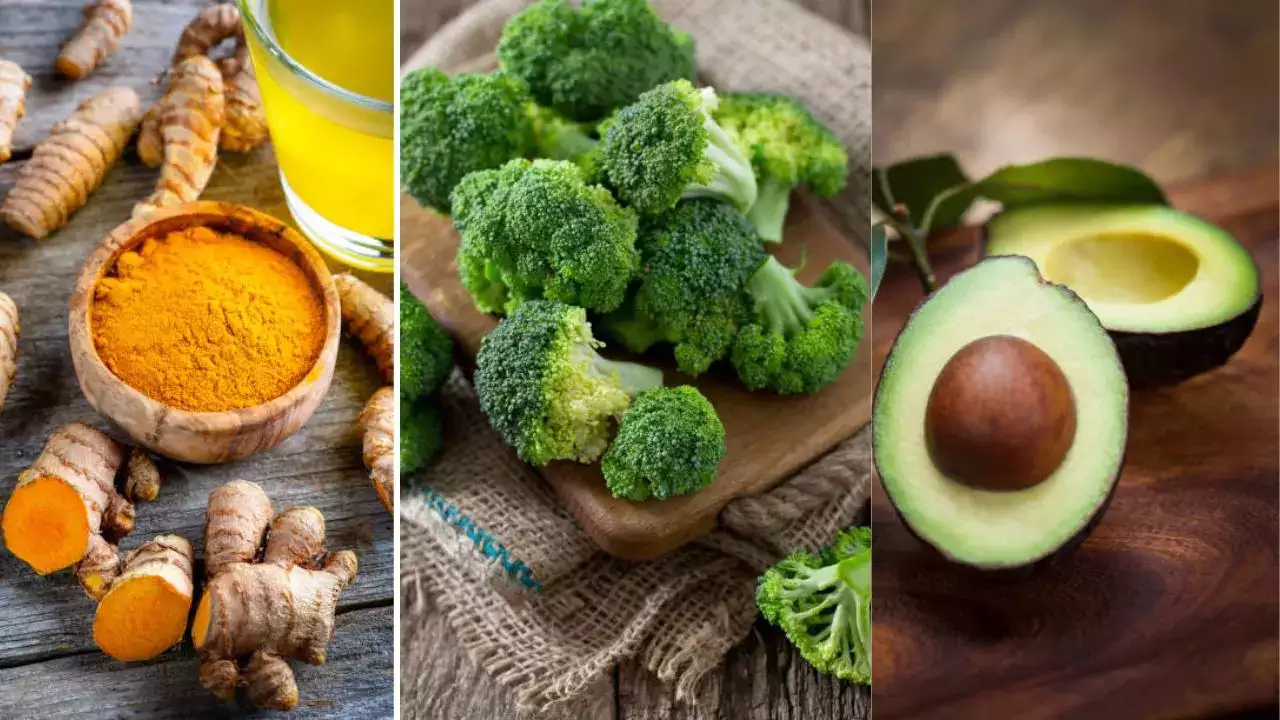
MIND Diet focuses on plant-based foods and provides more polyphenols which are a type of antioxidants that protect against oxidative stress
Alzheimer’s is a progressive disease in which the symptoms of dementia gradually worsen over a number of years – causing total memory loss. In its early stages, memory loss is mild, but with late-stage Alzheimer's, most people lose the ability to carry on a conversation and respond to their environment.
Even though there is no cure for this degenerative disease, experts say the symptoms can be advanced with proper care. According to Dr. Johnathan J. Rasouli, a board-certified spinal neurosurgeon in New York, your diet can make a lot of difference in delaying the onset of Alzheimer’s.
Dr. Rasouli says his go-to meal is packed with brain-beneficial omega-3 fatty acids and phytonutrients and is low in carbs, sugar, and fat. “It tastes great, and I never get tired of it,” Rasouli, director of complex and adult spinal deformity surgery in the Department of Neurological Surgery at Staten Island University Hospital, recently told Parade in an interview. “It is super easy to make and doesn’t require too many ingredients,” he said.
Benefits of the MIND Diet
According to Dr. Rasouli, the MIND or Mediterranean-DASH intervention for neurodegenerative delay — is a “hybrid of the Mediterranean diet and DASH diet, and research suggests it may reduce the risk of developing dementia or slow the decline in brain health.
And since it focuses on plant-based foods, the MIND diet provides more polyphenols which are a type of antioxidants that protect against oxidative stress. Oxidative stress causes cell damage in the brain and throughout the body, and it has been linked to several diseases, including Alzheimer’s disease and cancer.
Foods according to the MIND Diet help reduce the risk of Alzheimer’s
Dr. Rasouli says he prefers three power-packed foods for your brain health which can reduce the risk of Alzheimer’s, including:
Turmeric
The main ingredient in turmeric – curcumin has shown potential in reducing inflammation, improving memory, and slowing the development of amyloid plaques - a hallmark of Alzheimer’s disease.
You can add a pinch of turmeric to your everyday fish, chicken, or eggs that you cook for dinner.
Broccoli
Broccoli is a delicious winter vegetable that contains glucosinolates that transform into isothiocyanates when chewed. Isocyanates have been shown to reduce oxidative stress and inflammation. Broccoli also contains vitamins C, K, and A as well as potassium, calcium, and iron – all of which are essential for strong brain health.
Broccoli can be steamed or roasted along with some garlic and onions made for dinner recipes.
Avocado
Avocados are loaded with B vitamins, which have been studied for their potential role in brain health because of their role in homocysteine metabolism. Experts say elevated homocysteine level is a risk factor for both Alzheimer’s disease and dementia. B vitamins can help to lower homocysteine levels.
You can make a delicious avocado and egg toast for a light dinner or add roasted avocado for your bedtime quinoa salad.
Foods to avoid preventing early onset Alzheimer’s
According to Dr. Rasouli, some foods are linked to an increased source of developing Alzheimer’s disease, including:
- Cheese
- Pork and lamb
- Excessive salt
- Foods with added sugar like pastries, baked goods, candy, and soda
- Fried foods
- Butter and margarine
These foods are sources of saturated fat and sugar, which may increase inflammation in the brain and body. As part a MIND diet, you should limit or avoid these foods.
Get Latest News Live on Times Now along with Breaking News and Top Headlines from Health and around the world.
